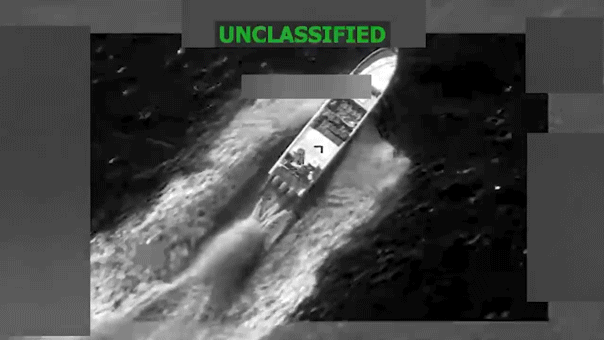Looters leave trail of destruction in Chicago's business district
Businesses targeted by rioters in Chicago; Grady Trimble reports.
Chicago will pursue more extreme measures to combat the continuing protests and violent riots that have erupted following the death of unarmed black man George Floyd in police custody.
Thousands of protesters turned out across the Windy City on Saturday night, gathering on the Loop and other downtown areas to demonstrate against police brutality. Hundreds sat or took a knee on Lake Shore Drive as they moved toward the river.
Chicago Police Superintendent David Brown told reporters that Saturday night’s riot resulted in 240 arrests, with six people shot and one dead after a “verbal exchange escalated to gunfire.”
Mayor Lori Lightfoot announced new measures Sunday morning, citing concerns over the fallout of the riots.
“I saw officers pelted with bottles and debris,” she said during her Sunday morning press conference. The mayor had declared a curfew from 9 p.m. Saturday until 6 a.m. Sunday, with many ignoring it as protests continued.
Chicago will also restrict vehicle and transit access downtown, and Lightfoot has called in the National Guard to support local law enforcement in anticipation of further protests. The city will also suspend its downtown public transit to discourage protesters' ability to gather, according to FOX 32 Chicago.
The city curfew will remain in effect on Sunday night.
The CPD initially attempted to stamp down protest efforts by raising several of the bridges connecting the downtown areas so that protesters could not cross.

Pedestrian make their way along the Chicago River early Sunday morning, May 31, 2020, as several street bridges remain closed after a night of unrest and protests over the death of George Floyd, a black man who was in police custody in Minneapolis. Floyd died after being restrained by Minneapolis police officers on Memorial Day. (AP Photo/Charles Rex Arbogast)
The bridges remained raised on Sunday morning.

A Chicago police vehicle faces the closed Michigan Ave. bridge early Sunday morning, May 31, 2020 in Chicago, after a night of unrest and protests over the death of George Floyd, a black man who was in police custody in Minneapolis. Floyd died after being restrained by Minneapolis police officers on Memorial Day. (AP Photo/Charles Rex Arbogast)
Not all was doom and gloom on Sunday morning.
Volunteers took to the streets on Sunday morning to help clean up the broken glass, burned-out cars and shattered debris that resulted from the protests. Garbage littered the streets, as seen in video and images posted to social media.
“I needed to do something,” Michelle Eleby, a Chicago resident, said. “We can’t sit back and hope the solution is going to come.”
The Associated Press contributed to this report.









































